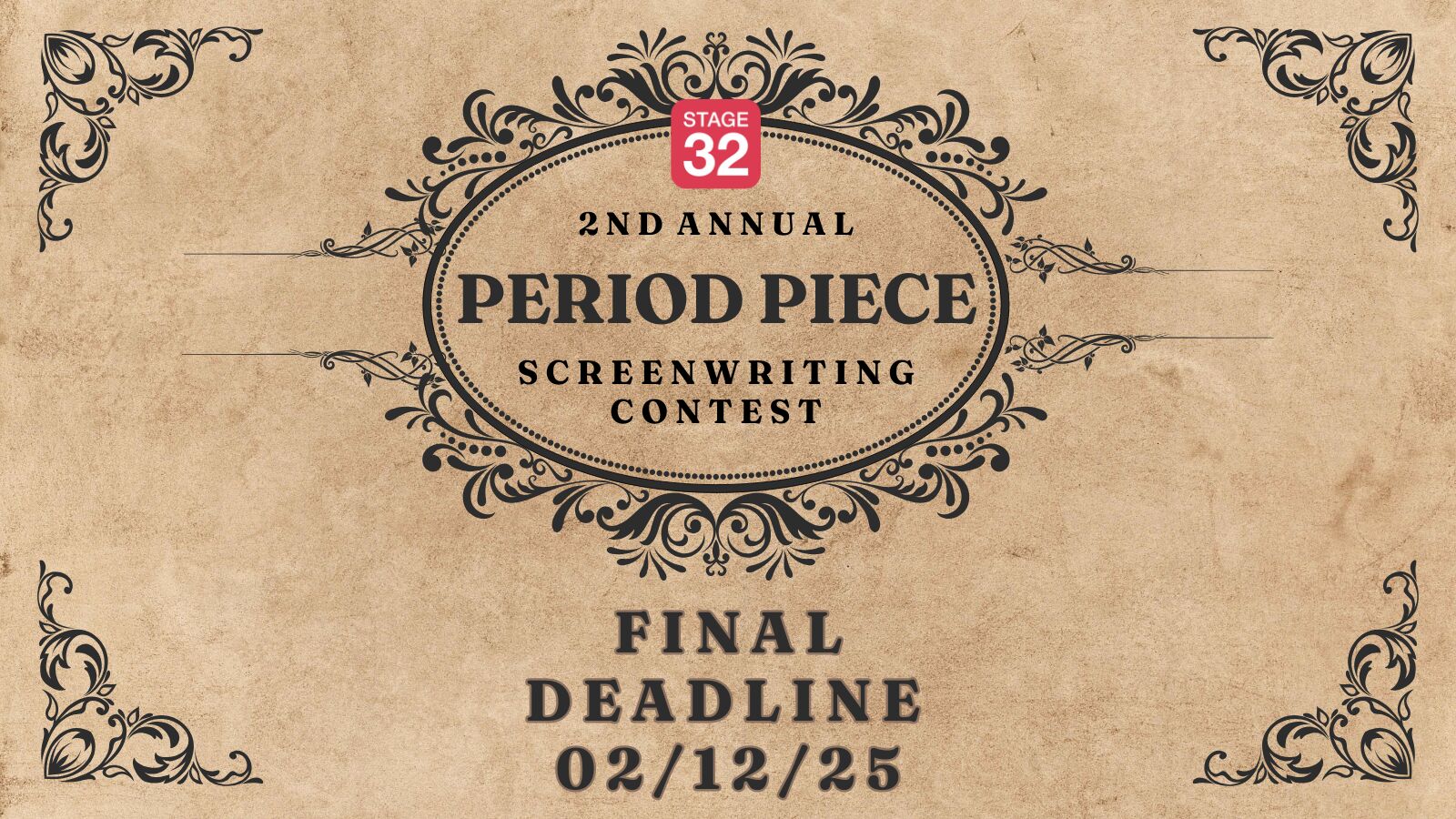I received a feedback regarding my choice for setting. My lines states "... in the downtown area." The feedback states: "Why are you being mysterious and secretive? What city is this happening in?" I ask you my fellow scribes, "Is it important to be specific about a setting as far as naming what city or town?" This story could take place anywhere and nothing in the script is specific to a particular city or town?




3 people like this
I think it's important to be specific about a setting if it's important to the story, Vikki Harris. I'd just label the setting as city, town, etc. if the story could take place anywhere.
4 people like this
I agree this can be a little vague. However, you don't need to explain what city or downtown it is. You just have to give depth to the world you are building. What is it about the downtown? Are we talking a concrete jungle with thousand of pedestrians navigating its streets? The seedy back alleys hidden in shade by the tall buildings? The gentrified retails shops with living space above. I believe you got this comment because you may not have added enough texture to the world you've built.
2 people like this
Great advice, Daniel Silvas!
1 person likes this
This is what happens when readers are desperate to provide feedback but don't actually have anything worthwhile to say.
4 people like this
If it takes place in a specific real town or city, go ahead and name it. If it could be "any town or city" then we need to know something in order to envision it. After all, cities and towns can vary greatly in size, demographics, architecture, etc... Here in Minnesota we have towns that we call "blink you miss it" towns because they are so small...and yet they qualify to have a post office to serve the surrounding area. And downtown Minneapolis looks a lot different than downtown Charleston, NC or downtown Los Angeles, CA. Help the reader see what you see in your head. Are the streets lined with trees dripping with Spanish moss? Did a giant John Deere combine just drive by, hogging all of the narrow two-lane main street, but no one seemed to mind? Are the sidewalks bustling with suits and business casual scurrying along with iphones pressed to their ears, oblivious to beggars swatting away rats while holding up cardboard signs? Use your words to paint the picture in the reader's mind...
4 people like this
A specific place is not necessarily the cake but it can be the icing. As Sallie said, setting can be a character that adds texture to a story.
There's a note behind the note: the story needs more dynamism.
2 people like this
The entire line is "Electronic billboards decorate the downtown area." Then I describe the advertisement on the billboards which is important to the story. Then I discuss the pedestrians who are discussing the advertisement. What's important is the advertisement, not a particular city. I used "downtown" as the setting because that's where you see most public, electronic billboards. So, no, I don't think stating a specific city or town is important.
5 people like this
Unless you're specifically setting your story in a certain city, yes, name it. If not, you don't have to name it.
1 person likes this
Note behind the note. . .
4 people like this
Yes and no. Depends on readers. There are readers and there are readers for actual production companies making movies. Locations can be faked or moved for many reasons. The script location for Equalizer movie was in Brooklyn, NY; the filmmakers moved location to Boston. Didnt add or change the main plot/main characters
4 people like this
If it’s not in a specific city you can still make it specific to your world. “Downtown” areas in cities aren’t all the same so making your downtown clear to the reader may help.
2 people like this
NYC audiences knew it wasn't Brooklyn, and Boston knew it wasn't either. NYC has a grime about it that's near impossible to fake. It was written for Brooklyn. Shot in Boston. Prodco considerations are not the crux here.
OP complains about something a reader noted about their script. If it's not necessary to name a location then the same weight can be applied to the reverse. It's a matter of levels of care in writing. Specifics versus the general.
There are specifics listed. One of the main is bystanders. Not every downtown has people walking about. Nor do all have electronic billboards.
4 people like this
Vikki Harris I agree with Ewan Dunbar. You don't need to name the city (sometimes they're mythical, anyway) unless it's important to the story. But I do think it's a good idea to give a few details on the kind of city it is.
3 people like this
I left my heart /
In some city /
Where no kinda cars /
Don't climb halfway to the stars
2 people like this
E Langley I guess you never visited Fox lot in Century City. They shot NYPD Blue when I was there
4 people like this
Vikki Harris This phrase: "Electronic billboards decorate the downtown area." conjures a clear image for me. A major city, high-rise buildings, electronic billboards flashing colorful lights everywhere I look, trying to influence my choices.
This could be one of those moments when you, the writer, have to make a command decision. If you're confident that the context around the description will conjure the correct imagery in MOST readers' minds, then don't change it. But if you think it's possible half of the readers will NOT be able to visualize what you're intending, then tweak it to make it more specific.
How many beta readers have you sent this out to? If this is the only one, then I recommend sending it out to at least four or five more. Don't tell them that you've already received feedback on this point because you don't want to influence them. Just let them read and see what they say. If no one else is confused about the setting, then it's fine. If half or more comment about the setting, then it needs to be tweaked. Getting feedback from multiple readers is a valuable resource, not just for the plot/story, but for your delivery, as well. Different people have different reading cognition and visualization abilities. A very left-brained reader might struggle to visualize based on "Electronic billboards decorate the downtown area." While a very right-brain reader (like myself) can envision it instantly. Your goal is to describe the setting in such a way that BOTH types of readers "get it" because you just never know what kind of reader will be reading for a studio or producer or...etc...
6 people like this
As Sallie Olson noted, it's about immersion. If you are generic the ability for the reader to be immersed in the story is made more difficult. But you also don't want to discount the extra layer of a location as "character' -- especially cities. Major cities conjure an immediate tone and personality and help define the human characters, where smaller "downtown" areas might be a bit more homogenized.
I can remember when I moved to Orlando from Philly and asked the realtor for something in center city and she had no idea what I was talking about, because at the time Orlando was quite small and they called it "downtown."
2 people like this
Never watch those police procedurals. They're a bore. I have seen the backlots. They look like... backlots. Not NYC streets.
I saw an episode of the oldie "Wiseguy" that was supposed to be set in NY's Chinatown. For the favorable exchange rate, it was shot in Vancouver's Chinatown (and looked like it) with its clean, wide sidewalks, wrong light, and incorrect geometry.
An actor I met a few years ago landed a bit on "Wiseguy." They loved the first class air ticket from LA to Vancouver.
Again, we're talking about production, not writing. "NYPD Blue" is written for New York regardless where it's shot. OP has something specific. Thought as to where to fill the bill is in order. That and the reader was commenting on the overall writing, really, not the lack of a specific location.
3 people like this
Sallie Olson That's exactly the vision I was going for.
3 people like this
Vikki Harris How about: "Flashing electronic billboards cram every available space on and between high-rise office buildings."
3 people like this
You know what Sallie Olson , that's pretty much my next sentence: "The electronic billboards display on the side of buildings, on top of them, on city buses, in store windows." Great minds think alike.